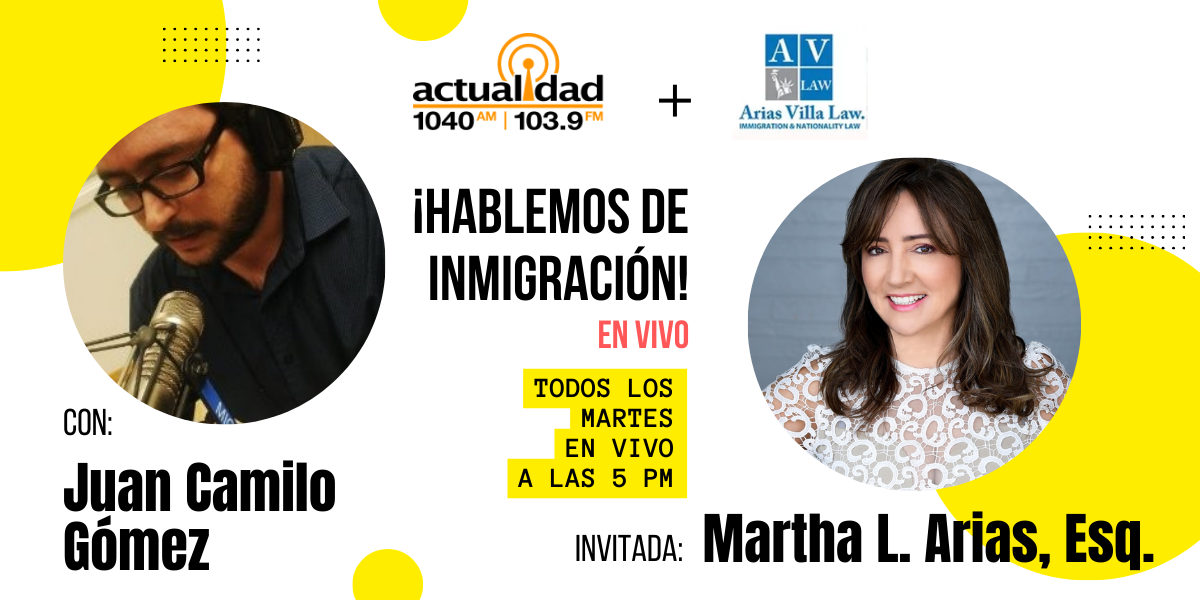As an immigration law attorney deeply entrenched in the nuances of visa processes, I understand the challenges many face when the annual H-1B visa cap is swiftly reached. The demand for H-1B visas, which are crucial for skilled workers wishing to work in the U.S., often surpasses the available quota. This reality propels a need to explore alternative visa options that can offer comparable opportunities. In this post, we’ll delve into the viable visa alternatives for skilled workers, outlining each option’s benefits and considerations.

Understanding the H-1B Visa:
Before we explore alternatives, it’s crucial to understand what the H-1B visa entails. Primarily, it’s targeted at skilled workers in specialty occupations who have at least a bachelor’s degree or equivalent in relevant fields. The U.S. company must sponsor the applicant, and the visa typically allows for a stay of up to six years.
H-1B Visa Alternatives:
Given the competitive nature of H-1B visas, considering other visas can be a strategic move. Here are several alternatives that might fit your professional and personal circumstances:
- L-1 Visas (Intracompany Transferees):
- Who it’s for: Employees of international companies transferring to a U.S. branch.
- Benefits: No annual cap, and may lead to a green card under certain conditions.
- Considerations: Must have been employed by the company abroad for at least one continuous year within the past three years.
- O-1 Visa (Individuals with Extraordinary Ability or Achievement):
- Who it’s for: Individuals who possess extraordinary ability in sciences, arts, education, business, or athletics.
- Benefits: No annual cap and potential for dual intent, meaning you can pursue permanent residency.
- Considerations: Must demonstrate national or international acclaim in your field.
- TN Visa (NAFTA Professionals):
- Who it’s for: Citizens of Canada and Mexico in certain professional occupations under NAFTA.
- Benefits: Easier to obtain and renew than an H-1B, allows for a stay of up to three years with unlimited renewals.
- Considerations: Limited to specific professions and nationals of Canada and Mexico.
- E-3 Visa (Specialty Occupation Workers from Australia):
- Who it’s for: Australian citizens in specialty occupations similar to H-1B.
- Benefits: Similar to H-1B but exclusively for Australians, generally has lower competition for visas.
- Considerations: Annual cap of 10,500, exclusive to Australians.
- H-1B1 Visa (Free Trade Agreement Professionals from Chile and Singapore):
- Who it’s for: Citizens of Chile and Singapore.
- Benefits: Set aside cap from the general H-1B cap, potentially easier to obtain.
- Considerations: Annual cap is relatively small (1,400 for Chileans and 5,400 for Singaporeans).
Navigating the landscape of U.S. immigration law can be daunting. If you’re considering these alternatives, consult with an immigration attorney to discuss your specific circumstances and eligibility. Strategic planning and professional guidance are crucial in selecting the best visa route for your needs.
As your immigration journey unfolds, remember that while the H-1B visa is a popular route, numerous alternatives may be equally viable for your situation. For personalized advice and assistance with your visa application, contact my office today. We are here to guide you through every step of your immigration process, ensuring that you choose the best path for your professional and personal growth.










